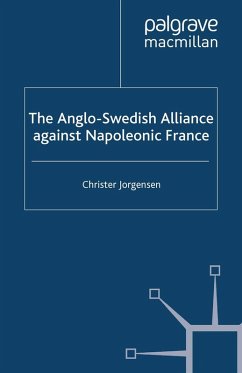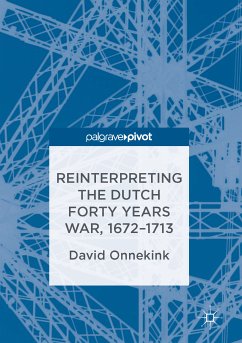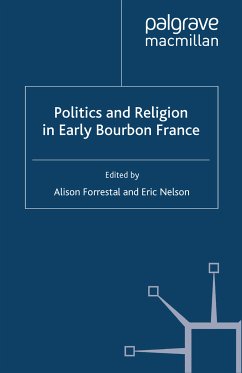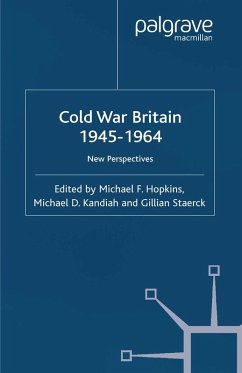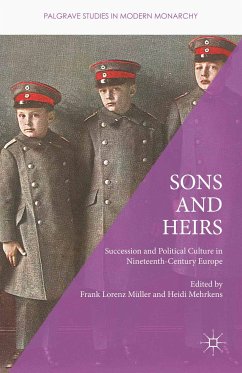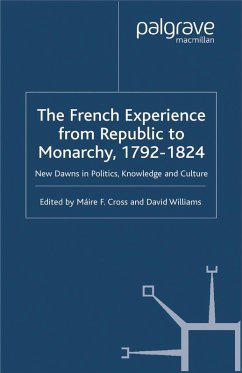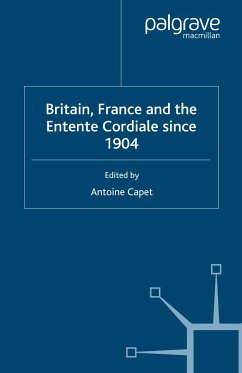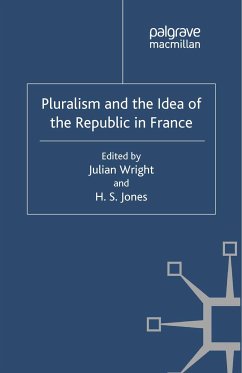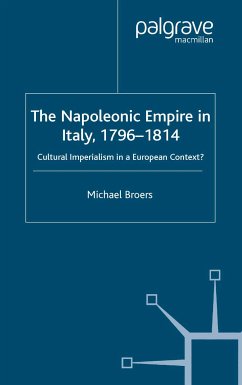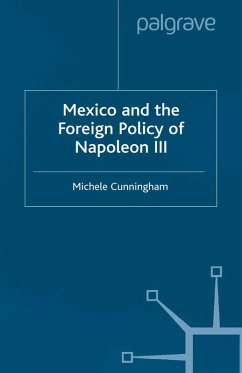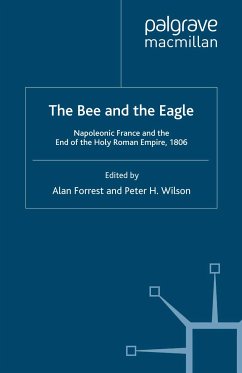
The Bee and the Eagle (eBook, PDF)
Napoleonic France and the End of the Holy Roman Empire, 1806
Versandkostenfrei!
Sofort per Download lieferbar
88,95 €
inkl. MwSt.
Weitere Ausgaben:

PAYBACK Punkte
44 °P sammeln!
This volume's juxtaposition of the empires of Germany and France in 1806, at the dissolution of The Holy Roman Empire, allows a comparison of their transition towards modernity, explored through the themes of Empire, monarchy, political cultures, feudalism, war and military institutions, nationalism and identity, and everyday experience.
Dieser Download kann aus rechtlichen Gründen nur mit Rechnungsadresse in A, B, BG, CY, CZ, D, DK, EW, E, FIN, F, GR, HR, H, IRL, I, LT, L, LR, M, NL, PL, P, R, S, SLO, SK ausgeliefert werden.



